
Soap Water: A Gardener’s Secret Weapon for Natural Pest Control
Gardeners worldwide are increasingly seeking sustainable, chemical-free solutions to protect their plants and promote soil health. Among the most trusted and affordable remedies is soap water—a simple yet powerful mixture that helps control pests and maintain plant vitality. This humble household solution has become a favorite among eco-conscious growers and agricultural researchers alike. According to BBC Future and the University of California Agriculture and Natural Resources (UCANR), soap-based insecticides can effectively suppress a range of garden pests while preserving ecological balance (BBC Future, UCANR).
Understanding the Science Behind Soap Water
Soap water is made by diluting liquid soap—ideally a pure, unscented type such as castile soap—in water. The key lies in soap’s surfactant properties, which allow it to break down oils and the protective waxy layers on insect exoskeletons. This disrupts their cellular structure, leading to dehydration. Experts emphasize that gardeners should avoid soaps with added detergents, antibacterial agents, or perfumes, as these may damage plant tissues (The Guardian, Gardening Section, 2023).
The ideal ratio—roughly one tablespoon of mild soap per quart of water—ensures effectiveness while minimizing plant stress. This gentle balance helps gardeners maintain control over pests without resorting to harsh chemicals that can contaminate soil or groundwater.
How Soap Water Works as a Natural Pesticide
When sprayed directly on pests like aphids, whiteflies, and spider mites, the fatty acids in soap penetrate their outer membranes, causing them to lose essential body fluids and perish within hours. Studies by Iowa State University Extension confirm that soap sprays are among the most reliable non-toxic options for managing soft-bodied insects in home gardens (Iowa State University Extension, 2022).
Unlike synthetic pesticides, soap water leaves no harmful residues and poses minimal risk to humans, pets, or beneficial pollinators—when applied responsibly.
Benefits Beyond Pest Control
Soap water’s benefits extend far beyond killing insects. It can also clean plant foliage, removing dust and residue that block sunlight and hinder photosynthesis. A light application every few weeks can help keep leaves shiny, breathing, and photosynthetically active (National Geographic Green Living, 2023).
Moreover, the surfactant nature of soap water temporarily lowers the surface tension of soil, improving water absorption and oxygen flow to roots. When used moderately, this can revitalize compacted soil and support healthier root systems.
Safety and Best Practices
Despite its gentle reputation, soap water is not universally safe. Always test it on a small portion of a plant before spraying the entire specimen. Plants with waxy or hairy leaves—like succulents, ferns, and begonias—may be more sensitive. Apply sprays in the early morning or late afternoon to prevent sunlight from magnifying soap residue and scorching leaves.
Avoid using strong commercial dish detergents or antibacterial soaps, which can strip plant cuticles or disturb microbial balance in the soil (University of Vermont Extension, 2024).
Viral Gardening Tips: Maximizing the Power of Soap Water
-
Perfect Your Mix: Combine 1 tablespoon of mild liquid soap (like castile or biodegradable dish soap) with 1 quart of water. Shake well and use within one week for best potency.
-
Target Aphids Precisely: Spray the undersides of leaves where aphids cluster. The fatty acids in soap dissolve their protective layer, leading to dehydration.
-
Defeat Spider Mites: Mites thrive in dry, hot environments. Regular application of soap water breaks their webbing and egg-laying patterns, disrupting infestations.
-
Early Fungal Prevention: While not a fungicide, soap water helps wash away mildew spores, reducing fungal growth when paired with proper air circulation.
-
Use on Edible Plants: Safe for fruits and vegetables—but always rinse thoroughly before consumption to remove any residue.
-
Improve Soil Aeration: Occasional use can soften hardened soil surfaces, improving moisture flow. Use sparingly to avoid harming beneficial bacteria.
-
Aid in Weed Removal: Soap weakens the wax coating on young weeds, making them easier to pull out or suppress when combined with mulch or vinegar.
-
Protect Pollinators: Spray only pest-infested areas and avoid flowers to safeguard bees and ladybugs.
-
Timing Is Everything: Apply weekly in early morning or late afternoon to prevent leaf burn.
-
Pair with Other Remedies: Mix with neem oil or garlic spray for broader pest control. Soap improves adherence and coverage (The Guardian Lifestyle, 2023).
-
Store Safely: Keep unused solution in a labeled spray bottle in a cool, dark spot. Discard after two weeks as soap degrades over time.
-
Troubleshoot Reactions: If leaves curl or brown, rinse immediately with clean water and reduce soap concentration.
Real-Life Anecdote: “Nana’s Hack with Baking Soda”
Many home gardeners swear by combining soap water with other gentle kitchen ingredients. One viral example, affectionately known as “Nana’s hack with baking soda,” involves adding a teaspoon of baking soda to the soap-water mix to combat fungal spots on roses. Though anecdotal, this folk remedy has gained attention in gardening circles for its surprising effectiveness.
Final Thoughts: A Sustainable Ally in Every Garden
Soap water represents more than a pest-control trick—it’s a philosophy of balance, simplicity, and sustainability. By understanding its mechanisms and applying it wisely, gardeners can nurture thriving ecosystems where plants flourish without chemical overload. As the Royal Horticultural Society (RHS) notes, small, consistent interventions often yield the healthiest gardens (RHS, 2024).
From aphid infestations to dusty leaves, soap water proves that sometimes the most powerful garden defense lies in the simplest household ingredient.
References:
-
BBC Future (2023), “The Rise of Eco-Friendly Gardening Practices.”
-
UCANR, “Home and Garden Insect Management Guidelines.”
-
National Geographic Green Living (2023).
-
Iowa State University Extension (2022), “Soap Sprays for Pest Control.”
-
University of Vermont Extension (2024).
-
Royal Horticultural Society (RHS, 2024), “Eco-Gardening and Sustainable Care.”
-
The Guardian Lifestyle (2023).
News in the same category


EXCLUSIVE: Kerry Katona 'upset' over 'selfish' Katie Price as cracks show in friendship

Big Brother fans fume ‘she can't get away with this’ as they slam housemate
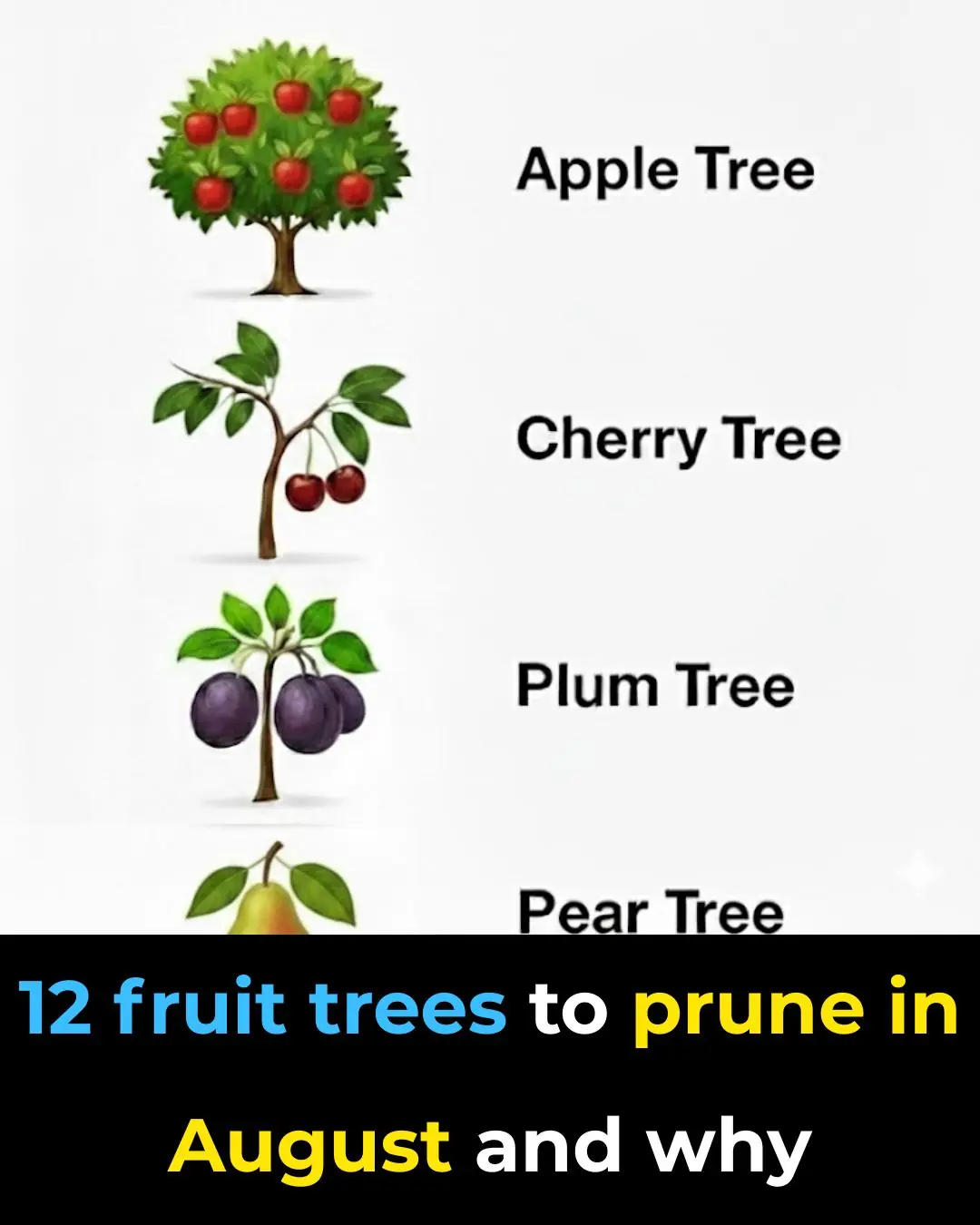
12 Fruit Trees You Must Prune in August — and the Science Behind It

If You Find This Snake in Your Yard, Don’t Harm It — Here’s Why
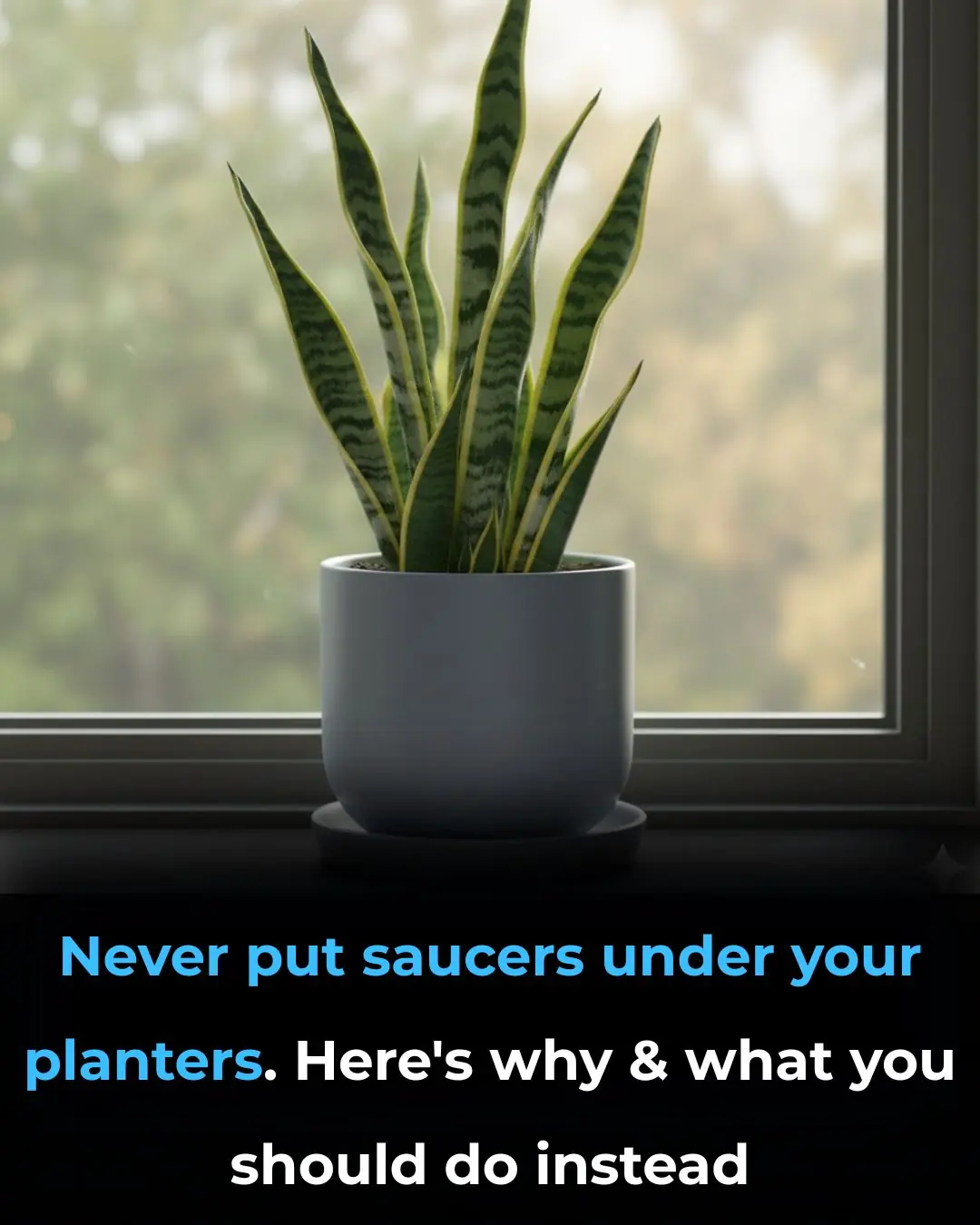
Ooops, Guess I’ve Been Doing This Wrong: Why You Should Rethink Using Saucers Under Planters
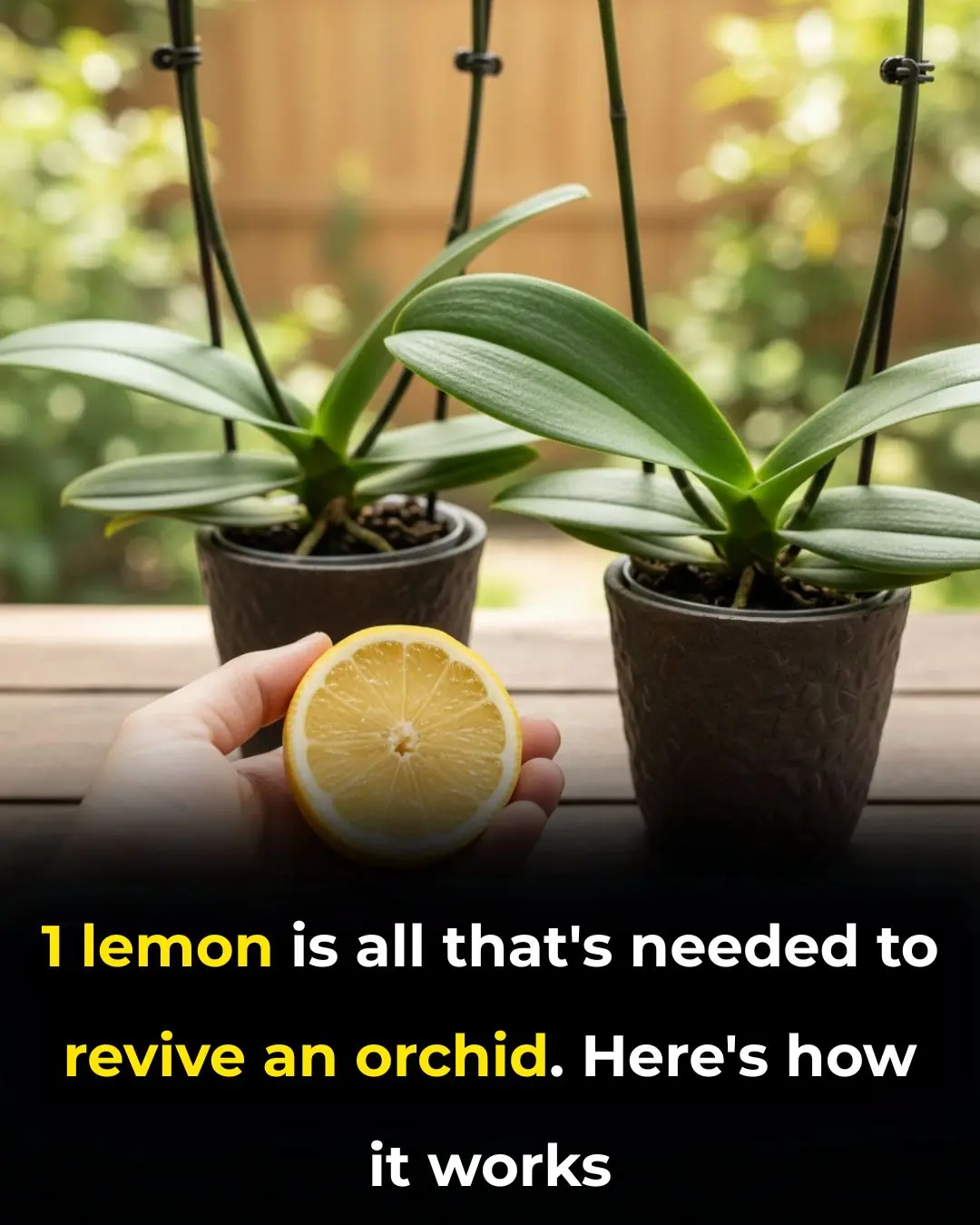
1 Lemon Is All You Need to Revive an Orchid: Here’s How It Works

4 Good Reasons Everyone Should Read Ralph Ellison’s ‘Invisible Man’ At Least Once
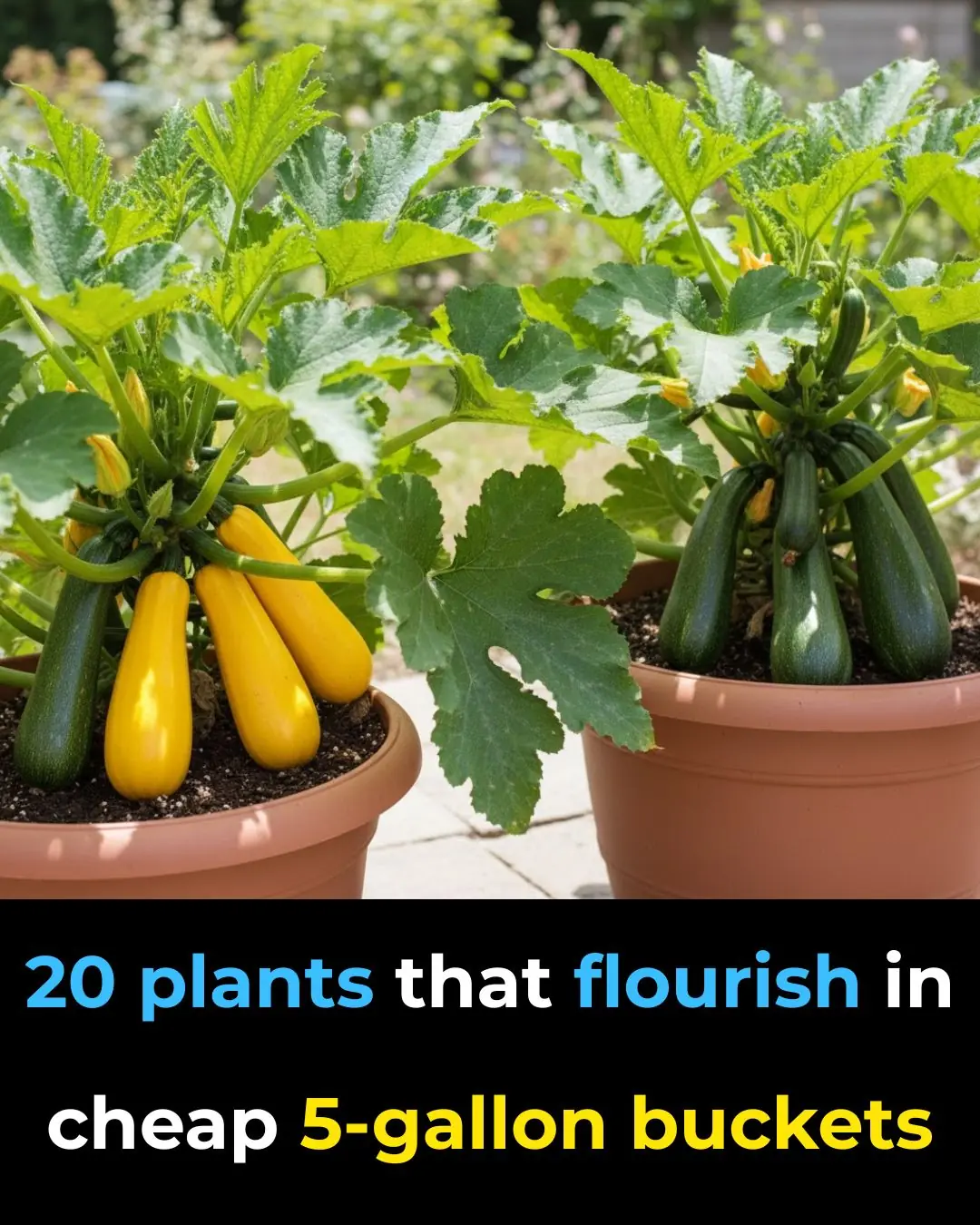
20 Plants That Thrive in Cheap 5-Gallon Buckets

Strictly star Vicky Pattison left in tears after Motsi Mabuse’s comment

Strictly Come Dancing fans ‘gutted’ as Halloween Week results leak and fan favourite heads home

Ex-SNL star Leslie Jones reveals tense encounter with ‘a–hole’ director at ‘SNL 50’ party: ‘Get your f–king hand off me’

How Sydney Sweeney reacted to jokes about her chest at Matt Rife comedy show — alongside Scooter Braun

Complaints pour in over treatment of Strictly’s longest-serving judge Craig Revel Horwood

Meet Mary J. Wilson, The First Black Senior Zookeeper At The Maryland Zoo

Meet the Black Woman Who Created a Nail Polish Line That Caters to Darker Skin Tones

Meet the Compton Teacher Who Sparked Kendrick Lamar’s Love for Words

Autumn Lockwood Is The First Black Woman To Coach In The Super Bowl
News Post
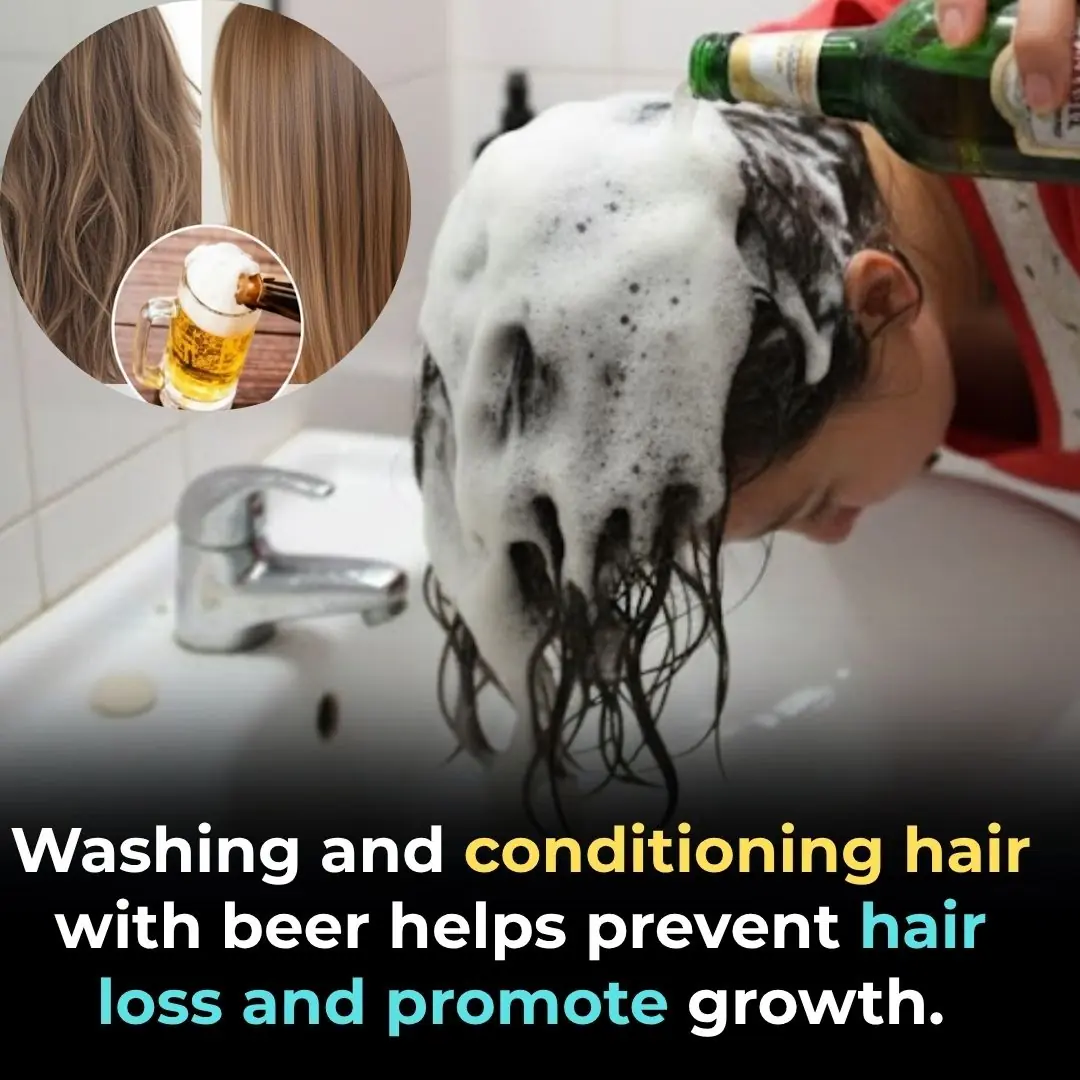
Washing and conditioning hair with beer helps reduce hair loss and stimulates continuous hair growth

Soak your whole body with warm ginger water before going to bed.

Discover the Meaning of a Black Cat Approaching You

Add ice cubes to the bone broth

11 Benefits of Dandelion Roots
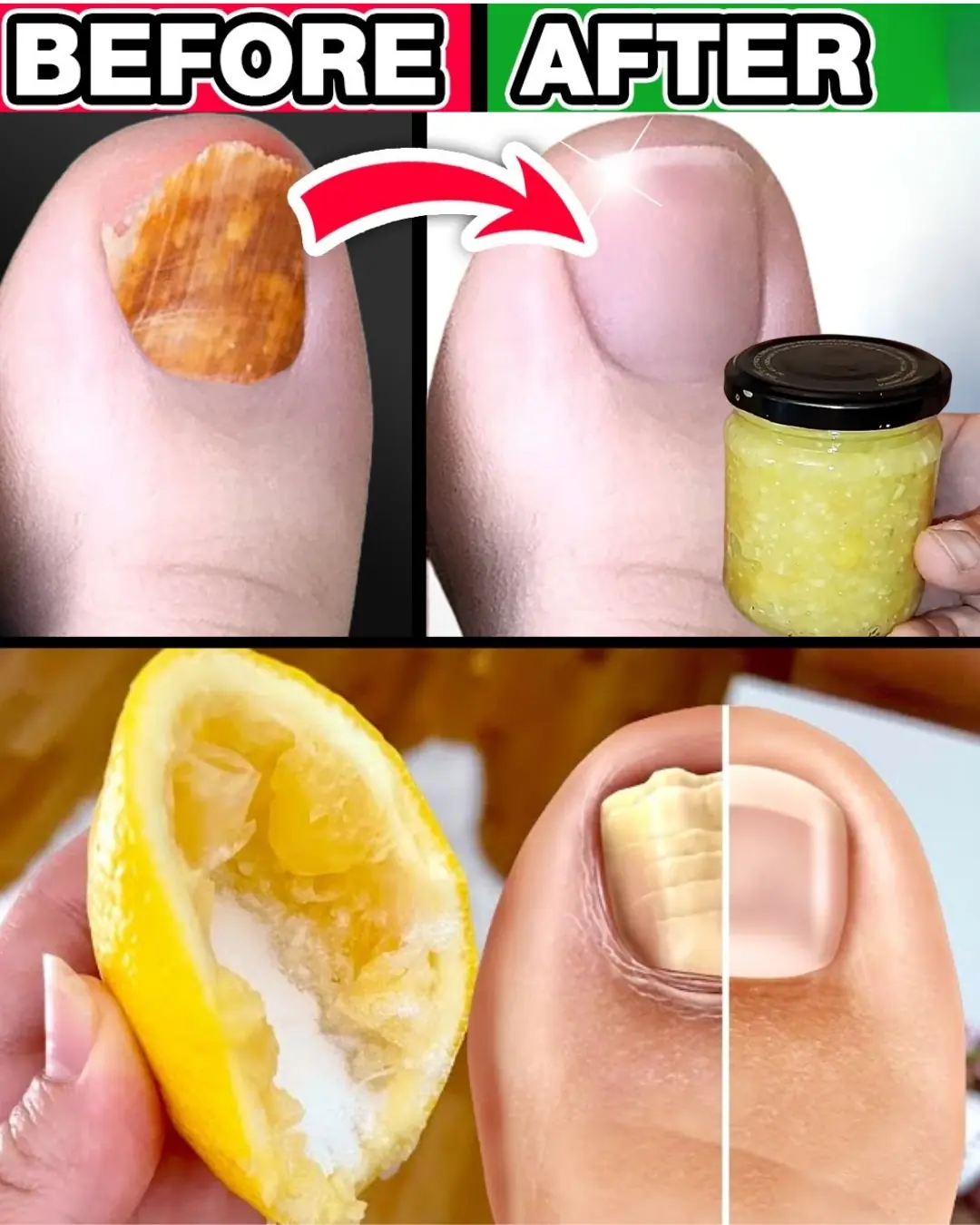
#1 Absolute Best Toenail Fungus Cure You Can Make at Home with Just 3 Ingredients
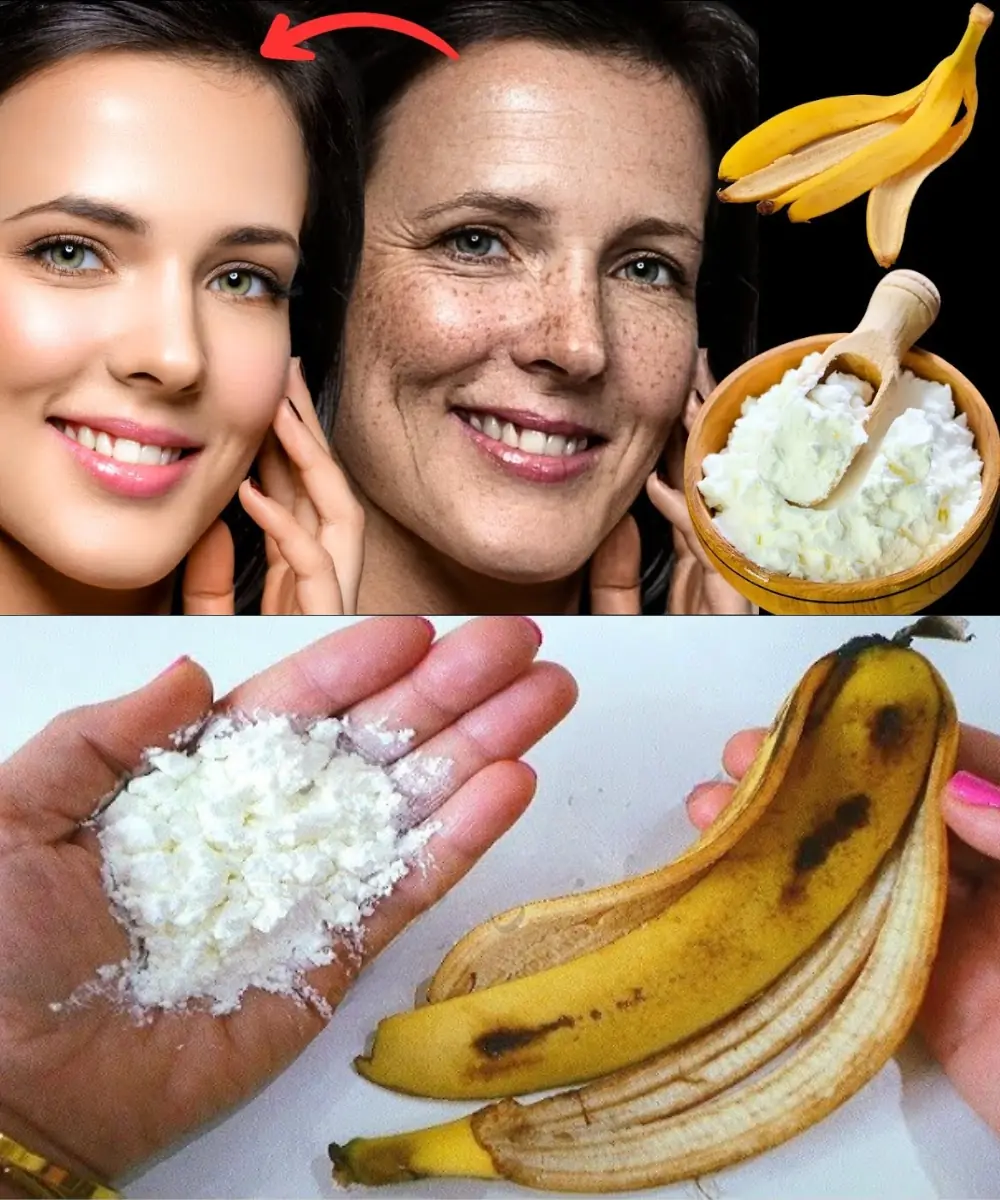
Banana Peel & Cornstarch: A Natural Skin Hack That Could Help You Look Younger
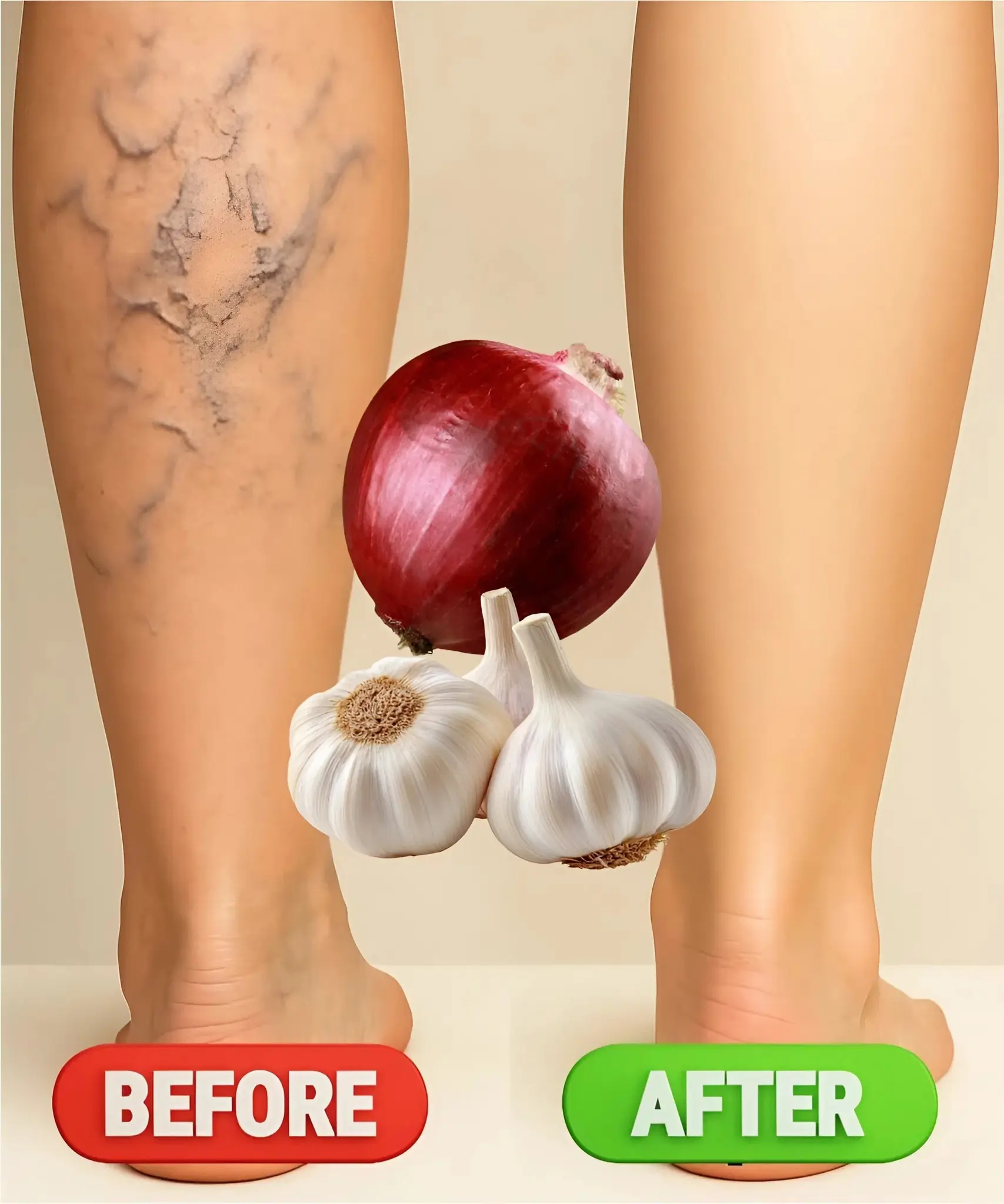
Homemade Remedies for Varicose Veins with Onion, Garlic, and Apple Cider Vinegar
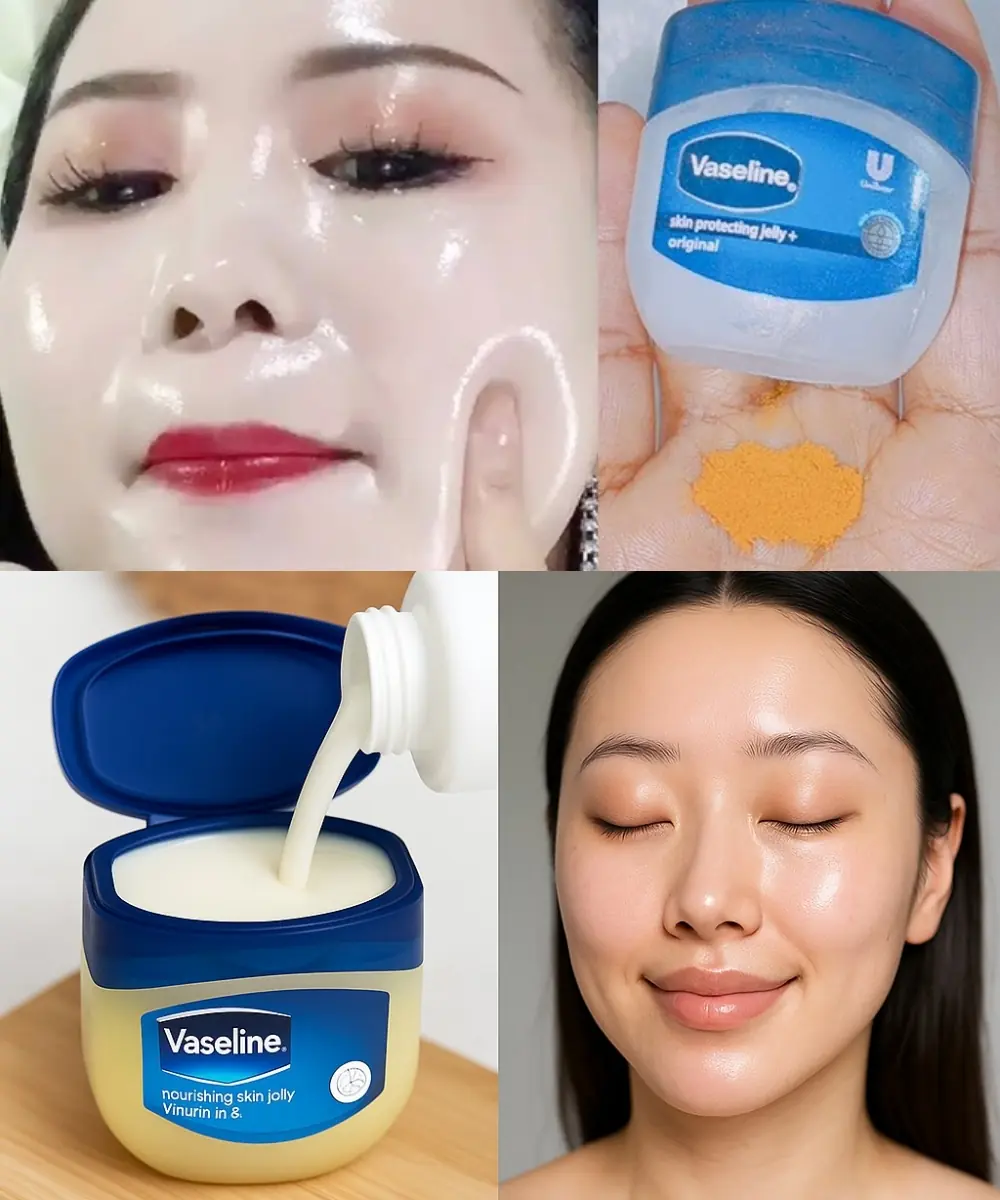
Crema Casera con Vaselina que Rejuvenece la Piel al Instante
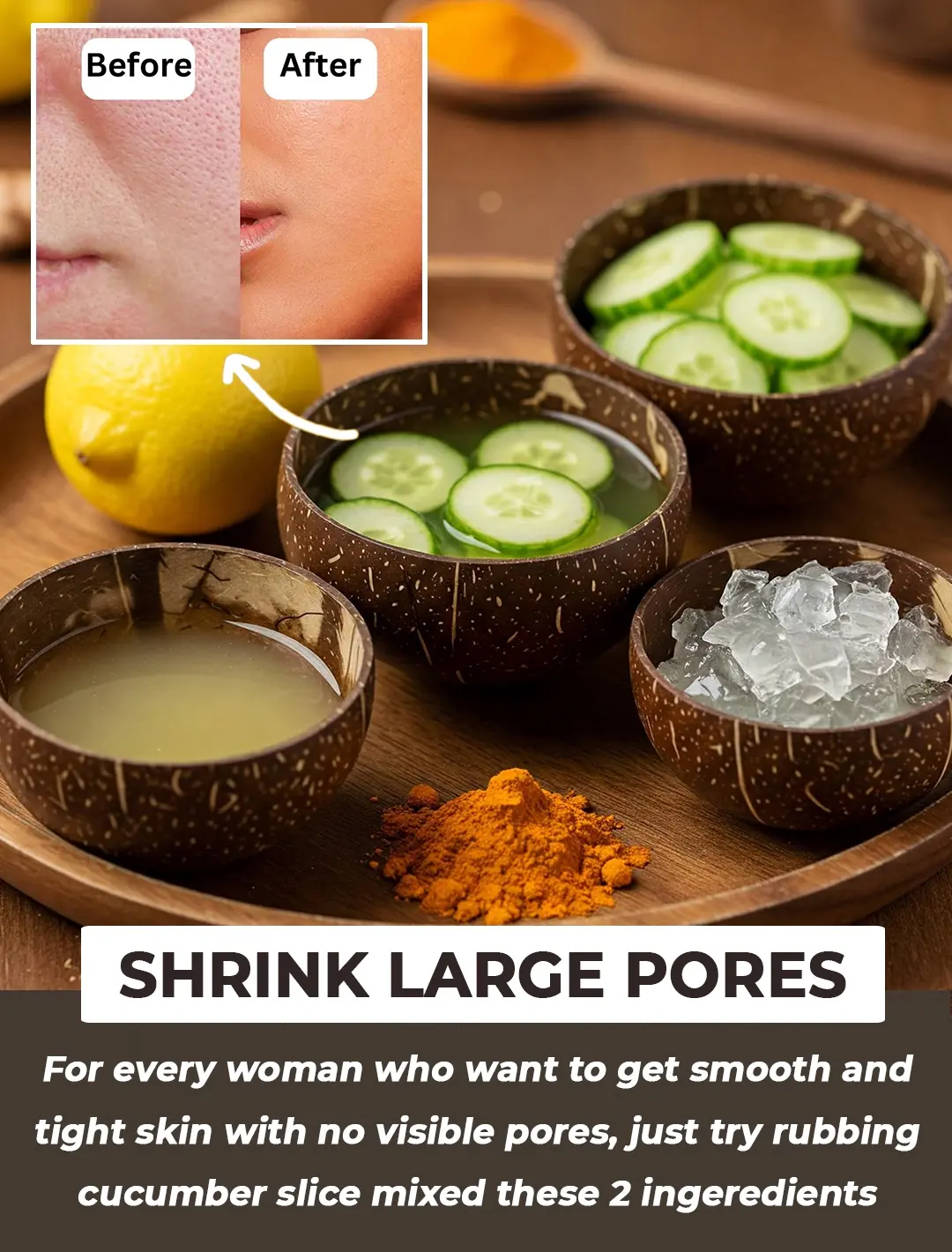
Top 5 Natural Remedies to Shrink Enlarged Pores and Achieve Smooth Skin
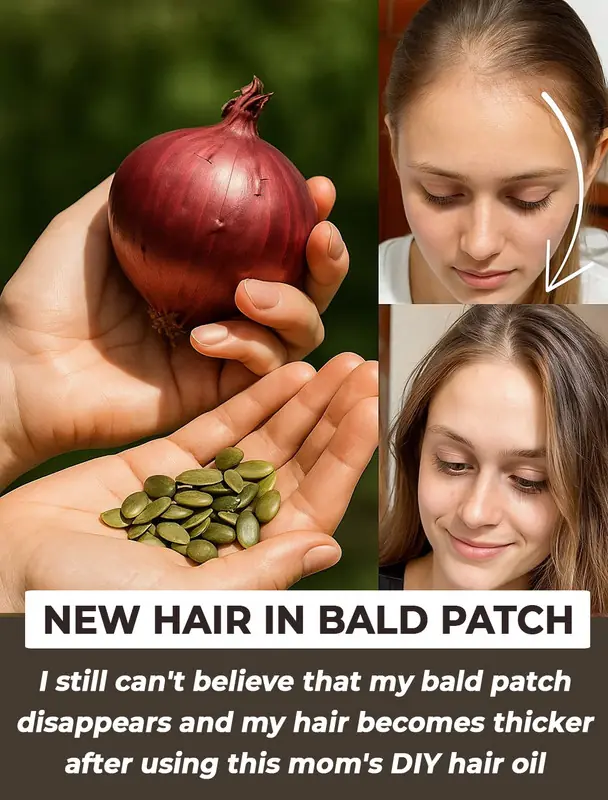
DIY Onion Sunflower Seed Oil: Get New Hair In Bald Patches

Homemade Carrot Oil for Glowing Skin: A Natural Solution for Dark Spots, Wrinkles & Anti-Aging
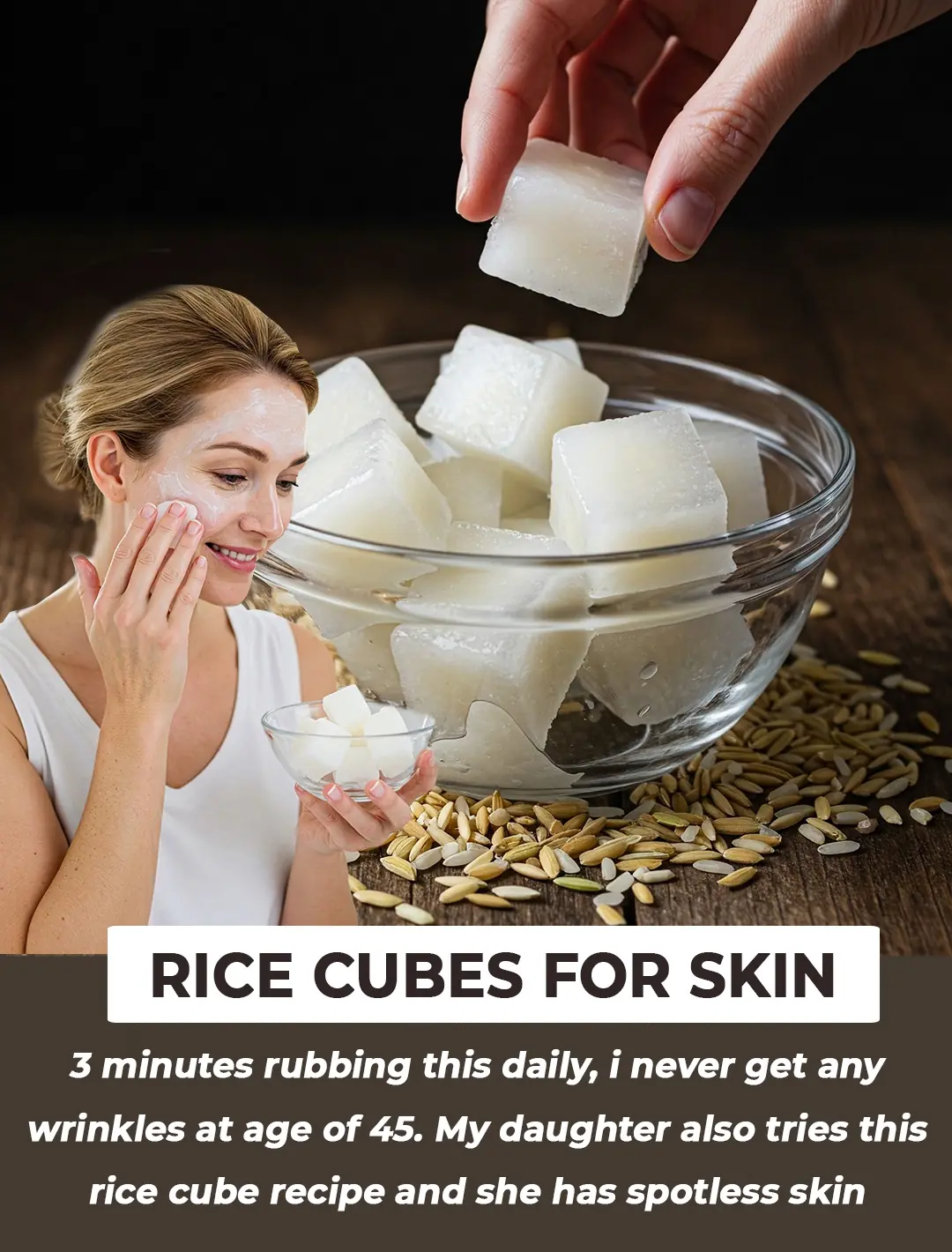
Glow Ice: Rice Water Cubes to Shrink Pores and Get Clear, Radiant Skin

The Body’s Intuition: Signs of an Impending End
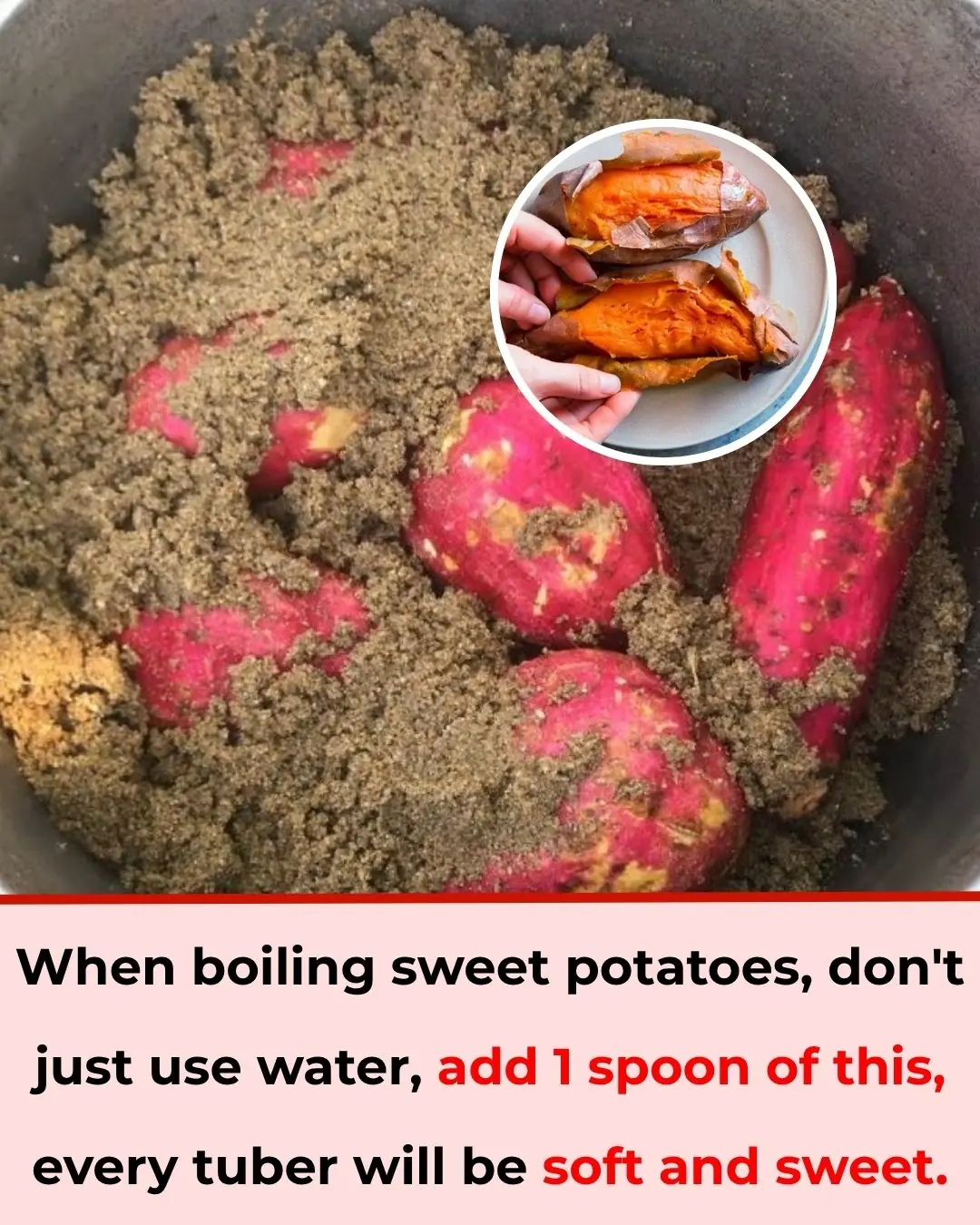
When boiling sweet potatoes, don't just use water, add 1 spoon of this, every tuber will be soft and sweet

Stir-fried beef is tough: Add these 3 steps, the meat will be softer, sweeter, and tastier than in restaurants

The Shoes You Pick Reveal What Kind of Woman You Are

Dead Butt Syndrome Is Real

Stop This Spider From Entering Your Home
